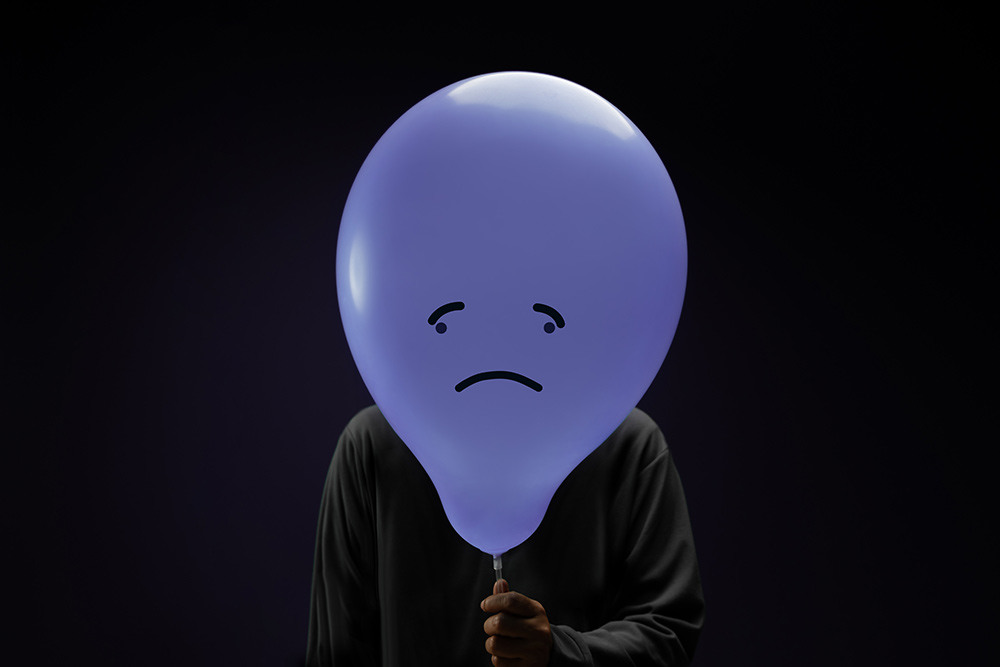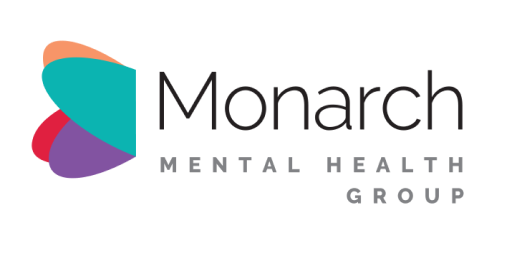Effective Treatment for Depression in Australia
Feeling down, hopeless, or unmotivated? You're not alone. Depression is a common mental health condition affecting millions of Australians each year. While occasional low moods are normal, prolonged depression symptoms including feelings of sadness and changes in sleep or appetite may indicate that your depression requires treatment.
Understanding Depression
Depression is a medical condition affecting how you feel, think, and manage daily activities. It can manifest as:
- Feeling sad, "flat," or down most of the time
- Losing interest or pleasure in activities you once enjoyed
- Changes in appetite or weight
- Difficulty sleeping or sleeping too much
- Feeling worthless or guilty
- Difficulty concentrating or making decisions
- Restlessness, agitation, or feeling slowed down
- Thoughts of death or suicide

What Causes Depression?
The causes of depression are complex and can involve a combination of factors, including:
- Genetics
- Brain chemistry
- Medical illnesses
- Personality traits
- Stressful or traumatic events
Effective Options for Depression Treatment
The good news is that depression is highly treatable. We offer a personalised approach based on your specific needs and goals. Treatment options from our mental health professionals may include:
-
Lifestyle modifications
Addressing sleep, diet, and exercise habits. -
Psychological interventions
Therapy techniques like CBT (Cognitive Behavioural Therapy), talking therapies, and other psychological therapies to manage negative thoughts and develop coping skills. -
Medication
Antidepressants and other medications to help regulate brain chemicals and improve mood. -
Next-Step Treatments
For more resistant cases, we offer innovative options like TMS (Transcranial Magnetic Stimulation).
TMS Therapy: A Safe and Effective Option
TMS is a non-invasive procedure that uses magnetic pulses to stimulate specific areas of the brain, promoting positive mood changes and helping to treat depression. It is recommended for treatment-resistant cases of all forms of depression, including mild or moderate depression and severe depression. Dr. Ted Cassidy, a Monarch psychiatrist, is a leading mental health professional and expert in TMS therapy.
There are two types of TMS therapy used to treat depression - Repetitive Transcranial Magnetic Stimulation (rTMS) and Transcranial Direct Current Stimulation (tDCS).
While both rTMS and tDCS are non-invasive brain stimulation techniques for depression and major depressive disorder, they differ significantly. rTMS uses brief, rapidly pulsing magnetic fields to target specific brain regions. These pulses can either excite or inhibit neural activity, depending on the stimulation pattern. In contrast, tDCS uses weak electrical currents delivered through scalp electrodes to modulate brain activity in a targeted area. tDCS is thought to primarily increase or decrease the excitability of neurons, with less precise control than rTMS. Consulting a healthcare professional can help determine which approach might be right for you.
Different Types of Depression
Depression can manifest in various forms, ranging from mild to severe. Our experienced psychiatrists will work with you to identify your specific type of depression and create a tailored treatment plan.
-
Major Depressive Disorder (MDD)
This is the most common type, with symptoms ranging from mild or moderate depression to severe depression. -
Major Depressive Disorder with Melancholia
This is a form of severe depression where patients experience complete loss of pleasure, despair, and psychomotor agitation. -
Psychotic Depression
This mental health condition involves hallucinations, paranoia, and delusions alongside depressive symptoms. -
Perinatal and Postnatal Depression
This can affect mothers and fathers during pregnancy and the first year postpartum. -
Persistent Depressive Disorder
Persistent depressive disorder is a low-grade depression lasting for more than two years.

Our Process for Treating Depression
At Monarch Mental Health Group, we prioritise a clear and supportive treatment journey. Here's how we work:
Consultation
We begin with a bulk-billed initial consultation with a psychiatrist. This session focuses on understanding your unique situation, your depression symptoms, and collaboratively developing treatment goals.
Personalised Treatment
Based on the consultation, your psychiatrist or mental health professional will create a plan tailored to your needs. This may include lifestyle changes, therapy, medication, or even next-step options like TMS.
Ongoing Monitoring
We prioritise your well-being. Regular follow-up appointments allow us to track your progress and depression symptoms, adjust the plan if needed, and ensure you're on the path to recovery. Throughout this process, we'll keep you informed and supported.
Our Difference at Monarch Mental Health Group
We stand out with a commitment to providing exceptional care for our patients experiencing depression and mood disorders:
Psychiatrist-led care and psychological treatments
Ensures a comprehensive approach by qualified mental health professionals.
Fast access to services
Avoid long waiting lists and get the help you need quickly.
Evidence-based, personalised programs
Tailored treatment plans based on the latest research, antidepressant medication, and your unique needs.
Comprehensive reporting
We keep your GP and healthcare team informed of your progress.
Bulk-billed initial consultations with psychiatrists
Making professional mental health care accessible.
Medicare rebates on treatment programs
Reducing your out-of-pocket costs.
*Please note - only Monarch Group initial assessments are bulk billed. Accessing clinicians through our consulting suites will incur out-of-pocket costs.
Take the first step towards a brighter future with Monarch Mental Health Group
Don't let depression hold you back any longer. At Monarch Mental Health Group, we offer accessible, personalised treatments for depression and mood disorders tailored to your recovery goals. Our team of psychiatrists and therapists utilise evidence-based approaches, including next-step options like rTMS. Together, we can help you manage depression and reclaim your life. Contact us today and take the first step towards better mental wellbeing.
Frequently Asked Questions
Depression can manifest differently in everyone, but some common symptoms of depression include feeling sad, hopeless, or unmotivated most of the time. You might also experience changes in sleep or appetite, difficulty concentrating, or thoughts of death or suicide. If you're experiencing several of these symptoms for more than two weeks, it's important to seek professional help to get effective treatment options and.
We address all cases of depression, from mild depression to major depression, with a multi-faceted approach. Alongside traditional psychiatry services, antidepressant medication and psychological therapies like cognitive behaviour therapy, we offer innovative options like rTMS (repetitive transcranial magnetic stimulation) for those seeking a non-invasive approach. We also provide psychology services like CBT to help manage negative thoughts, symptoms of depression, and develop coping mechanisms. Notably, our focus on effective treatments for treatment-resistant depression ensures we have the expertise and resources to help even in complex cases.
Yes, when appropriate, your psychiatrist may prescribe antidepressant medications like selective serotonin reuptake inhibitors (SSRIs), tricyclic antidepressants, and other medications to help regulate brain chemicals and improve your mood. During your consultation at Monarch Mental Health Group, your mental health professional will discuss the potential benefits and side effects of any medication with you before making a recommendation.
TMS (Transcranial Magnetic Stimulation) is a safe and effective next-step treatment option for depression that hasn't responded well to traditional approaches. TMS uses magnetic pulses to stimulate specific areas of the brain, promoting positive mood changes. During your consultation, your psychiatrist will discuss whether TMS may be a good fit for your treatment plan.
The duration of treatment for depression varies depending on the severity of your symptoms and your individual response to treatment. We will work with you to establish realistic goals and monitor your progress to determine the appropriate length of treatment.
While there isn't a permanent "cure" for depression, it's highly treatable! Through effective treatment, many people with depression experience significant improvement in their symptoms and can live full and productive lives. Treatment also helps develop coping mechanisms to manage future episodes.
Monarch Mental Health Group offers accessible care across NSW, QLD & VIC. Our accredited clinics provide high-quality, personalised treatment plans focused on your recovery. We prioritise your well-being every step of the way. Let's overcome depression together. Contact us today.

